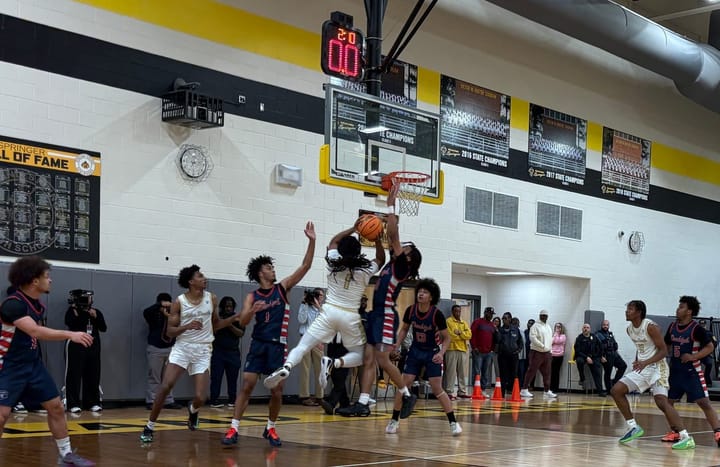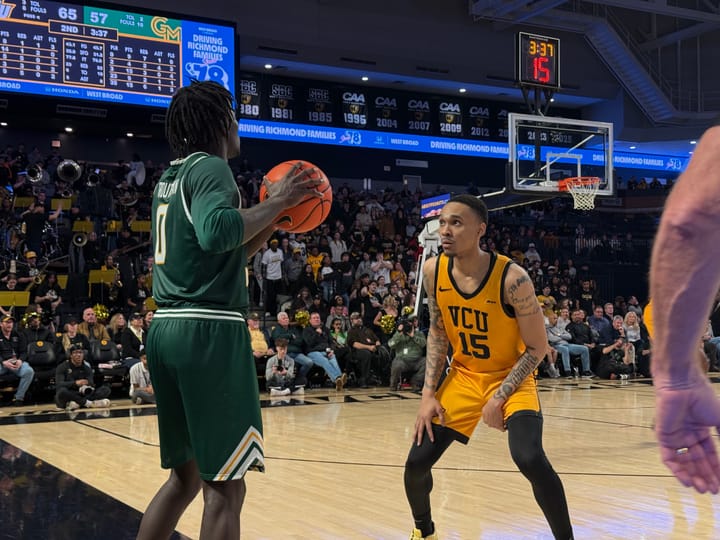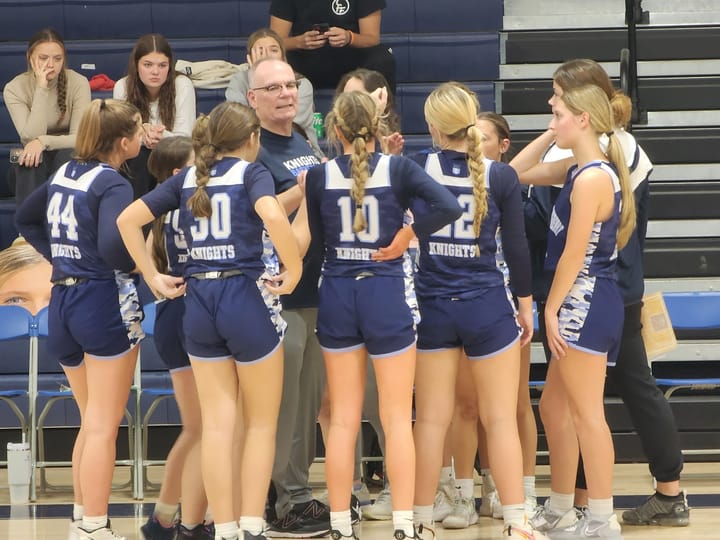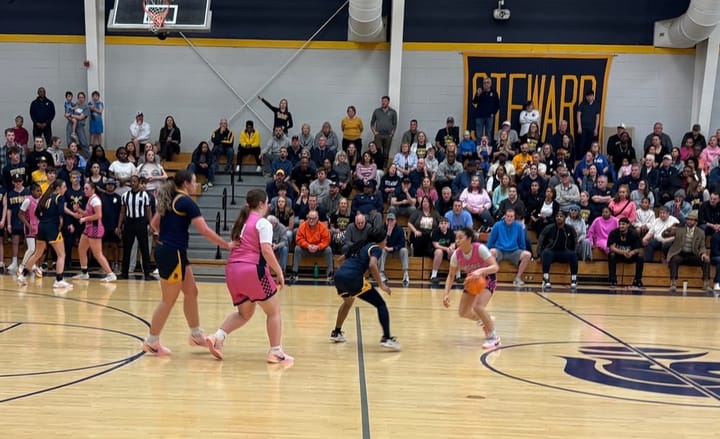
Jerry Lindquist: At Colonial Downs, risk no longer worth reward for 31-year-old rider who suffers major injuries
When it comes to high-risk-versus-high-reward occupations, riding big, four-legged, drugged-up, temperamental, unpredictable animals in bunches at great speeds, doing whatever it takes to finish first — Thoroughbred-racing jockey has got to be at (or very near) the top.
Few if any riders, be they among the greats or otherwise, keep from being thrown. The lucky ones (a) get back in the saddle as quickly as possible; and/or (b) simply survive, living to fight again another day doing something less dangerous … in other words, just about anything else.
On Thursday, July 24, in the seventh race at Colonial Downs, TYLER CONNER’s 12-year career as a jockey ended when his mount Stanza clipped heels with eventual race winner Montador, stumbled, fell and unseated Conner. The horse was fine, the rider wasn’t.
Conner, 31, suffered multiple injuries, including a broken neck and severely bruised spinal cord, and was airlifted to VCU Medical Center. Track officials canceled the final four races. Montador, which had drifted out in search of running room, was disqualified following a stewards’ inquiry, and jockey FRANCISCO ARRIETA was suspended 15 days for “extremely careless” riding.
From Lancaster, Pa., his father a trainer based at Penn National, his mother having worked as a jockey, exercise rider and racing official, Conner was “fully paralyzed for a small amount of time,” he said on a video to update his condition 11 days later.
“Everything is coming back slowly. I could move my legs and started walking pretty soon … but everything feels like it’s asleep … especially my hands. My left hand is basically useless at the moment. It doesn’t hardly work at all.”
One thing is for sure: It is not a profession for the faint of heart. Every mount could be your last. For Conner (and Stanza), it could have been much worse. BEN CURTIS knows.
“You have to go out there with the mentality you’re unbreakable,” said Curtis, 36. who, barring any personal calamity, should be Colonial Downs’ leading rider for the second straight year. “… but that day shook the room up a bit. You could hear a pin drop.
“The main thing is, he’s on the mend. But, that day, everyone was taken aback … and we made the right decision to cancel the rest of the card. I don’t think anyone was in the state of mind to ride again competitively.”
In other words, what happened to Conner was yet another reminder to Curtis and friends they are mortal after all. “It brings reality a little bit closer,” he said.
“Our job is to pick ourselves up and do it again the day after … which is what we’ve done.”
Curtis undoubtedly has lost count how many times that mentality has come into play since he began riding seriously 20 years ago. In fact, he has been the object of similar concerns himself more often than he can (or cares to) remember.
“Yes,” he said, “I’ve been hurt badly a lot of times, when I’ve been knocked on the ground … unconscious … and been out a long time … and you wake up in a hospital and don’t know what happened … it’s a scary feeling … It’s never a good place to be.”
Unless he changes his mind (and it certainly seems doubtful at this point in his young life), Conner has gone Thoroughbred racing for the last time. The risk no longer is worth the reward.
“I have zero desire to ride a racehorse again,” he said. “I’ve been wanting to quit for years … and this gives me a good reason now.”
Since 2014, Conner has won 1,271 of 7,997 starts for more than $29 million in prize money … based primarily in the Mid-Atlantic and Northeast.
His biggest (by far) claim to fame came June 3 at Penn National when he directed 83/1 shot – yes, EIGHTY THREE TO ONE – Wow Whatta Summer to victory in the Gr. II $400,000 Penn Mile.
“The talk of the racing world,” someone wrote. “The soft-spoken jockey was born to the business.”
“Horsemanship in his blood,” said a friend of the family.
So much for that.
“I’ve just got to focus on getting healthy,” Conner said, “and figure out what I want to do next with my life.”
And that would be? “I really have no idea.”
At this point he’s just happy to have a life. That’s the important thing.
This article has been updated with a new headline.
The Richmonder is powered by your donations. For just $9.99 a month, you can join the 1,000+ donors who are keeping quality local journalism alive in Richmond.






